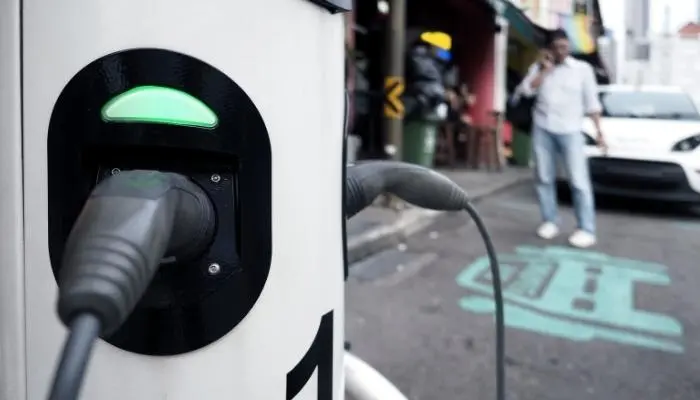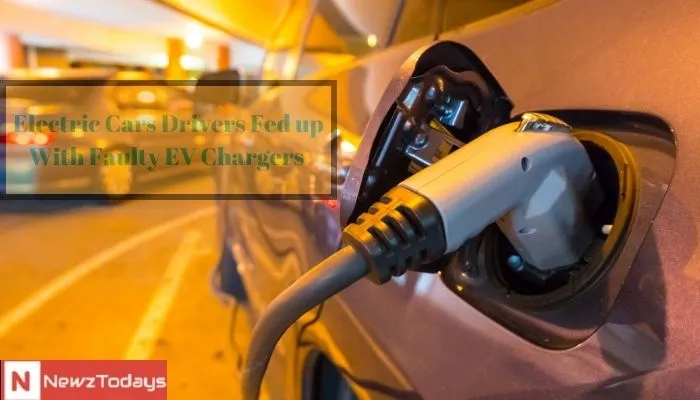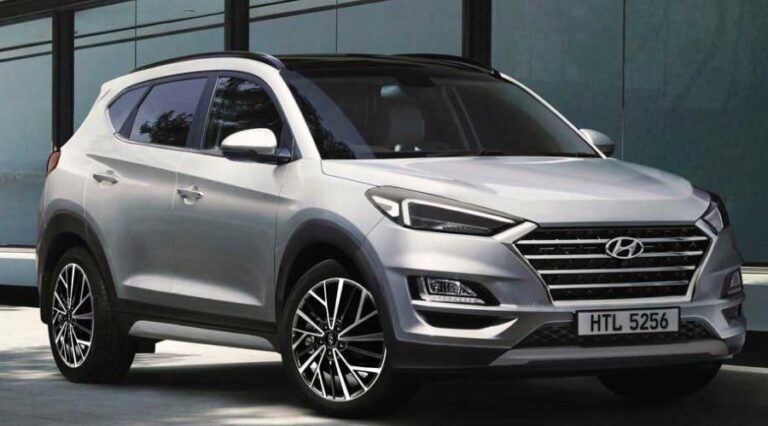Faulty EV chargers cause huge concerns for Electric Cars Drivers
The availability of charging stations for electric vehicles has been a grave concern for electric vehicle drivers fed up with broken EV chargers.
According to a poll by J.D. Power research in collaboration with PlugShare, it was revealed in its findings.
According to the survey, J.D. Power research with its partner surveyed around 12,000 EV drivers between January and June to examine their views, behaviours, and satisfaction levels.
The CEO of Blink Charging predicts that EV chargers will be significantly more convenient than gas stations.
Over 72% of visitors reported that a charging station was malfunctioning or unavailable during their stay.
“Public charging continues to pose obstacles for EV adoption as a whole and for current EV owners,” said Brent Gruber, executive director of J.D. Power’s global automotive practice.
Availability of EV chargers
The availability of public charging is a barrier, and charging station equipment continues to be unusable for owners of EV Chargers.
According to The New York Times, the Biden administration declared a goal to construct an additional network of 500,000 chargers across the country.
This is in addition to the existing 100,000 chargers across the country. Still, experts argue that additional maintenance work is required.

The poll revealed that while California has the most EV owners and chargers, states like Iowa, Kansas, and Minnesota have a higher customer satisfaction percentage.
They also discovered that Tesla’s Level 2 charging stations and D.C. fast chargers ranked top.
Despite technological advancements, EV charges will undoubtedly need to become more accessible and reliable. But, according to Gruber, adding extra charges will not address the issue.
“Additional charging stations must be installed along heavily trafficked routes and in high-density locations for those without access to residential charging,” he stated.
“Most importantly, users should be able to perform tasks while charging, regardless of the use case.”
Before gaining customers’ trust, the charging stations network has considerable development space.
Electric vehicles in the United States have been available for more than a decade, but sales are currently at record levels.
According to Automotive News, registrations for these electric vehicles increased by 60% in the first three months of 2022, despite a market decline of 18%.
The federal government offers numerous tax benefits to encourage individuals to transition to power-fueled vehicles, while automakers strive to keep up with demand and extensive waiting lists.
Even though the demand for these vehicles is rising, a significant hurdle hinders this technology from becoming ubiquitous.
Electric Cars are more Expensive.
Typically, an electric vehicle will be more expensive than a regular one. In contrast, a 2020 analysis by Consumer Reports concluded that “buying an electric vehicle will save the average owner $6,000 to $10,000 over the vehicle’s lifetime, compared to owning a comparable gas-powered vehicle.”
This includes fuel, maintenance, repair expenses, purchase price, financing, and resale value. And this was before gas prices skyrocketed, so the savings are likely even more significant today.
A federal tax credit of up to $7,500 may be available for certain electric vehicles, and many states offer additional incentives. However, Teslas are among the electric cars that are no longer eligible for the federal tax credit.
Repairing of electric cars
Electric motors have fewer moving parts susceptible to failure than gas-powered engines. In addition, owners don’t need oil changes or new spark plugs, and regenerative braking reduces the frequency of brake pad replacements.
According to research from the U.S. Department of Energy, traditional internal combustion engine vehicles have maintenance expenses per mile of $0.10, while battery-electric vehicles have maintenance costs of $0.06.
That could result in substantial savings. In addition, if you enjoy performing your maintenance, Napa Auto Parts notes on its blog that it has hundreds of Tesla parts, including heater hoses to headlight bulbs.
Electric cars’ Battery
All new electric vehicles sold in the United States will have a minimum 100,000-mile battery warranty. Bloomberg says that the average battery cost for a typical EV is approximately $6,300. However, batteries for premium vehicles are more expensive.
Numerous variables affect the price of a replacement battery, and Recurrent Auto discovered a wide variety of prices.
For example, a Hyundai Ioniq 5 new battery would cost under $3,000, a Nissan Leaf battery might cost up to $9,500, and a Tesla Model 3 battery and installation would cost about $16,000.








